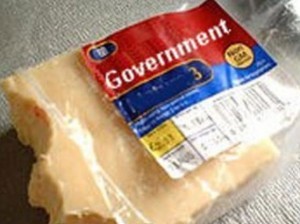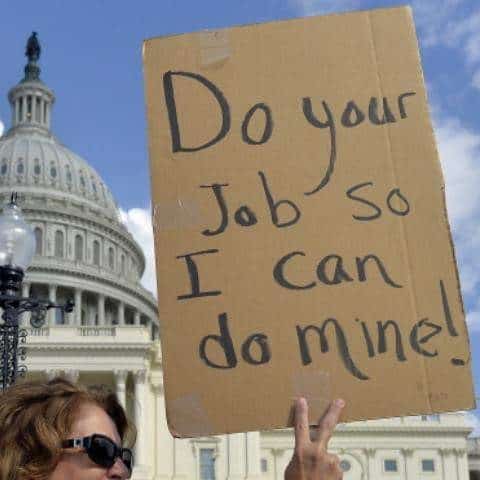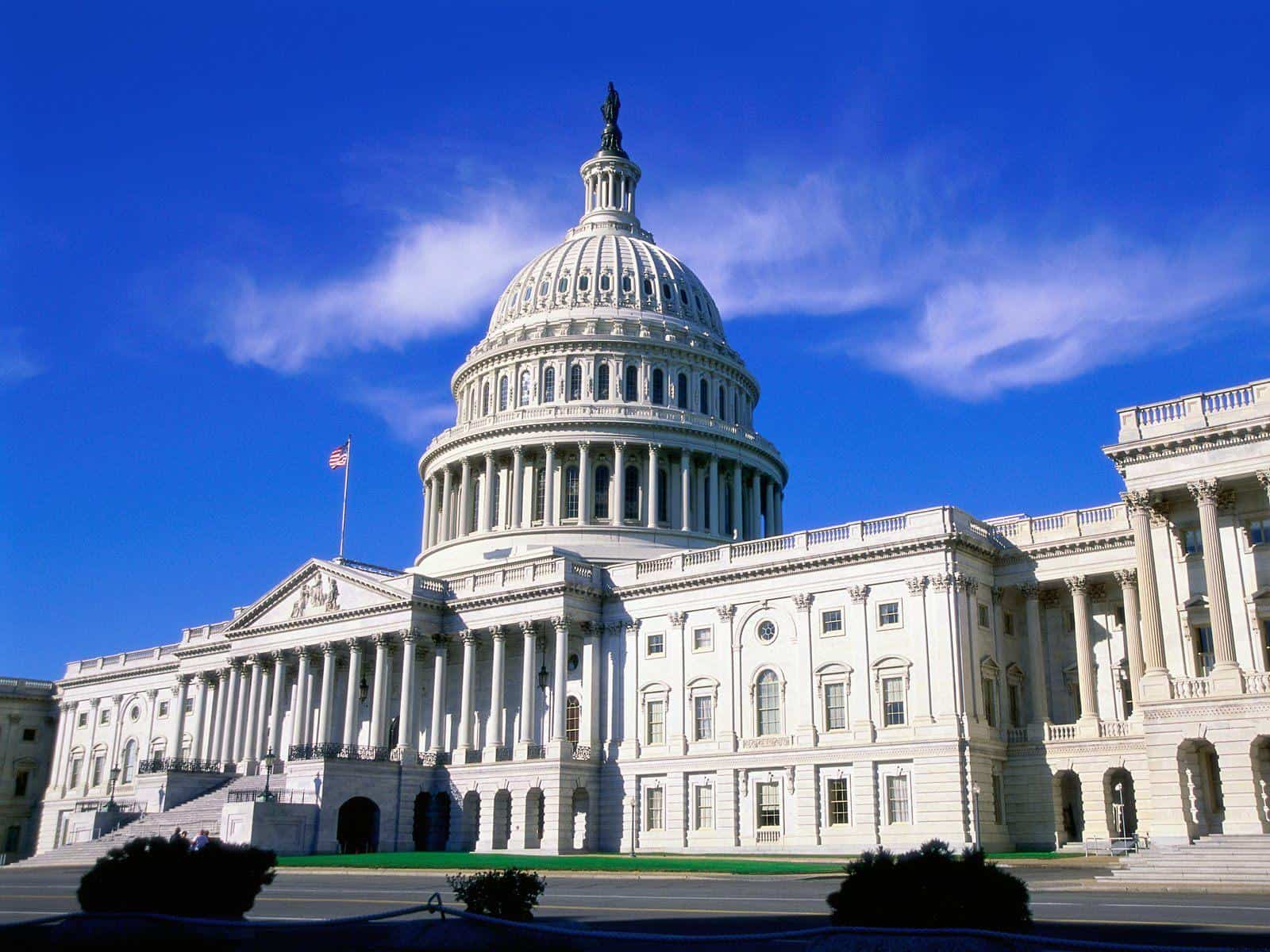Social Programs
People are seeming to think that “socialism” is a dirty word more and more as of late. With the Affordable Care Act in place now and with a presidential candidate who is a self-avowed socialist, people are increasingly aware of the concept. But what about the social programs we already have in place? A lot of people don’t think about it, but when they complain about socialism they’re complaining about existing systems from which they and their families may benefit.
Most of the flack that social programs get is from people who seem to think they entail the government basically reaching into their pocket and redistributing their hard-earned money to the masses. In the simplest, vaguest form this could be considered a broad definition of a social program or socialism, but there’s more to it than that. People seem to have the idea that social programs like welfare mean that they personally fund recipients of government benefits and that they’re working to support the idle. Now, I’m not going to get into a deep, thesis-level explanation of socialist governments and every tiny facet of the philosophy, but I think it’s worth considering how people may be a little misinformed.
Social security comes under a lot of scrutiny. Many people think that the coffers have been raided by big government and the system has been bankrupted, leaving soon-to-be recipients out of luck. Proponents of limited government say that rather than paying taxes toward a socialized retirement plan everyone should make it their personal responsibility to save for their golden years. How many people do you think are really responsible enough in their early years to do that? With many young working people barely making enough money to have a savings how could they be expected to make IRA deferrals on top of all of their other expenses? Sure, everyone should be trying to save money when they can, but isn’t it better to have it out of reach until you’re really meant to need it?

Government Cheese.
Welfare is a social program that is under fire exponentially by growing numbers of working people as well. The complaint most commonly made is that working people feel their efforts and income are being leached off of by the unemployed in the way of wealth redistribution. We’ve all heard the gripe about being in line at the grocery store and seeing someone in front of you buying a slew of junk food with food stamps. Sure, no one likes the idea of supporting those who choose not to work, but what about the people who can’t? Have you ever been laid off, injured, ill, or otherwise temporarily unable to get by financially? How about a family member? When you think about the amount of money that we basically give away at our disadvantage, the small amount that goes to giving someone a few hundred dollars to buy food every month is pale in comparison to outrageous markups on goods and services due to price gouging. Costs that companies can set themselves – like the cost of insurance, medication, hospital supplies, electronics – are a lot higher than the small percentage of every worker’s tax money that goes to fund welfare.
There are plenty of ways that the government uses our tax money, and while I’m not saying they’re all to our direct benefit as they should be, I do think the state should have more responsibility than just managing wars. It’s easy to suggest that people pitch in out of the kindness of their hearts and donate money to have roads and bridges fixed, to help the needy, and to further groups like NASA and social programs that support the arts and our culture. But when you really think about it, isn’t it just easier to make the feds justify their salaries by making sure people are taken of? Yeah, it isn’t a perfect system – that’s pretty much the point of everything I write – but at the very least shouldn’t taking care of the people be the government’s job?




